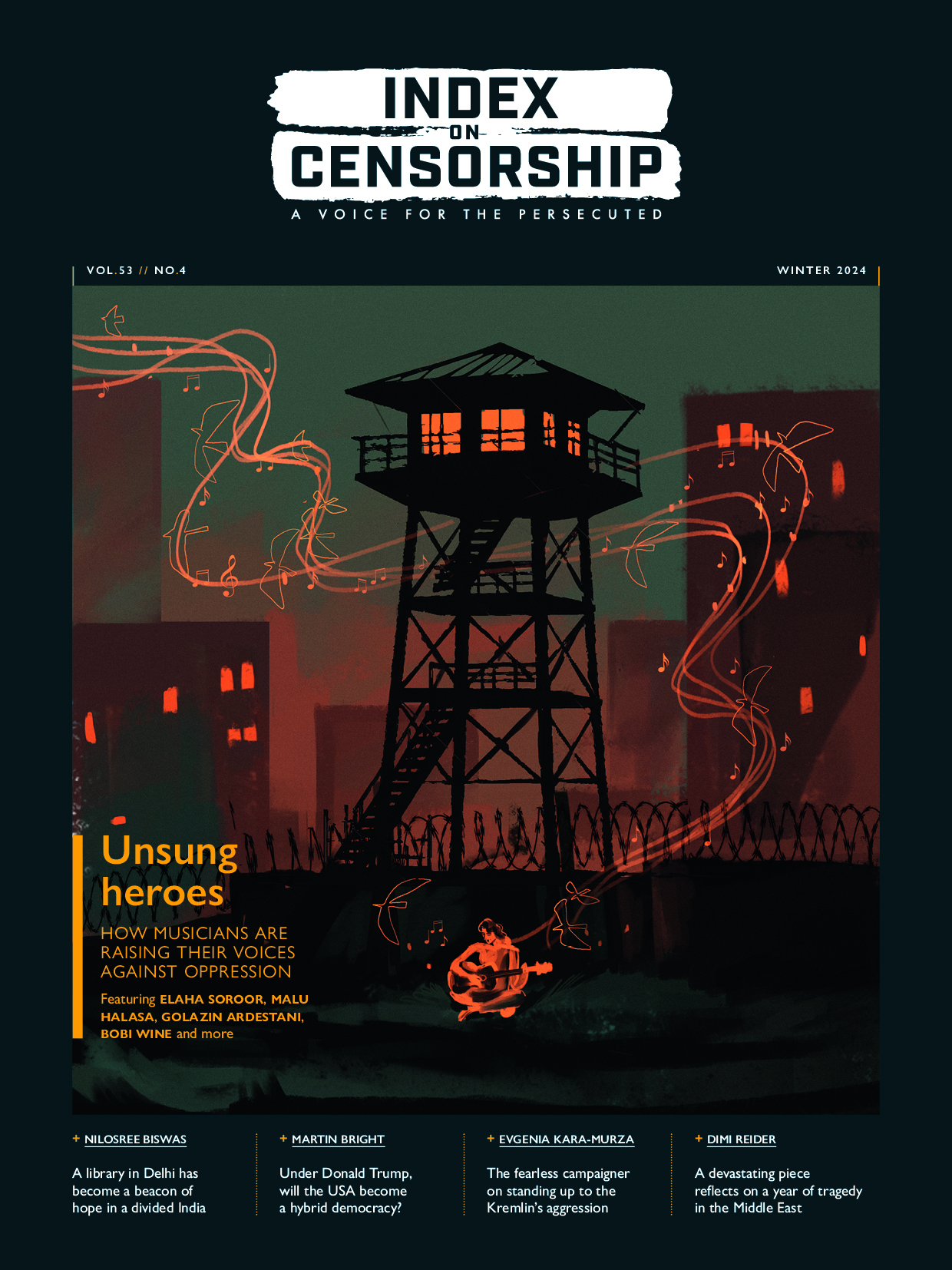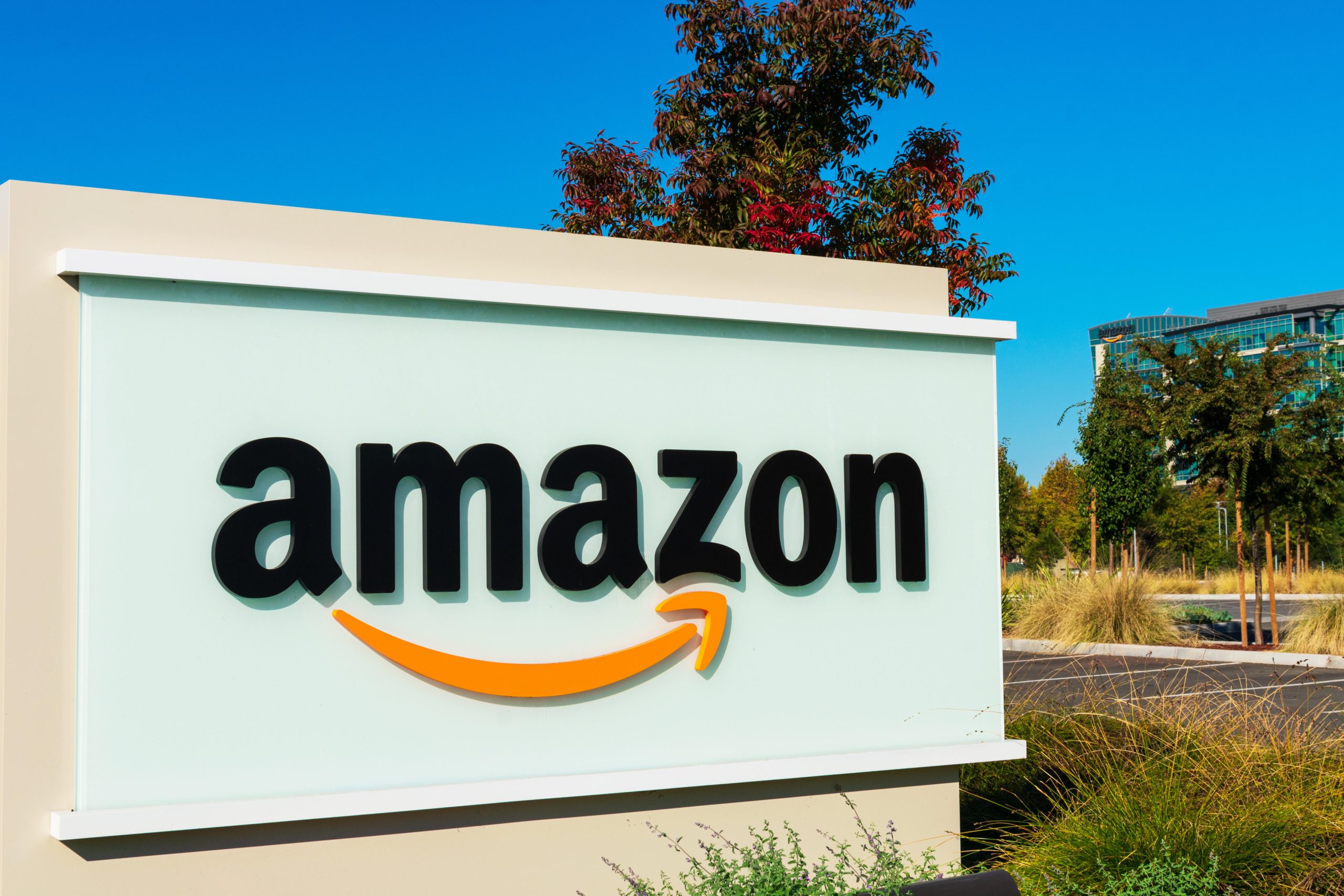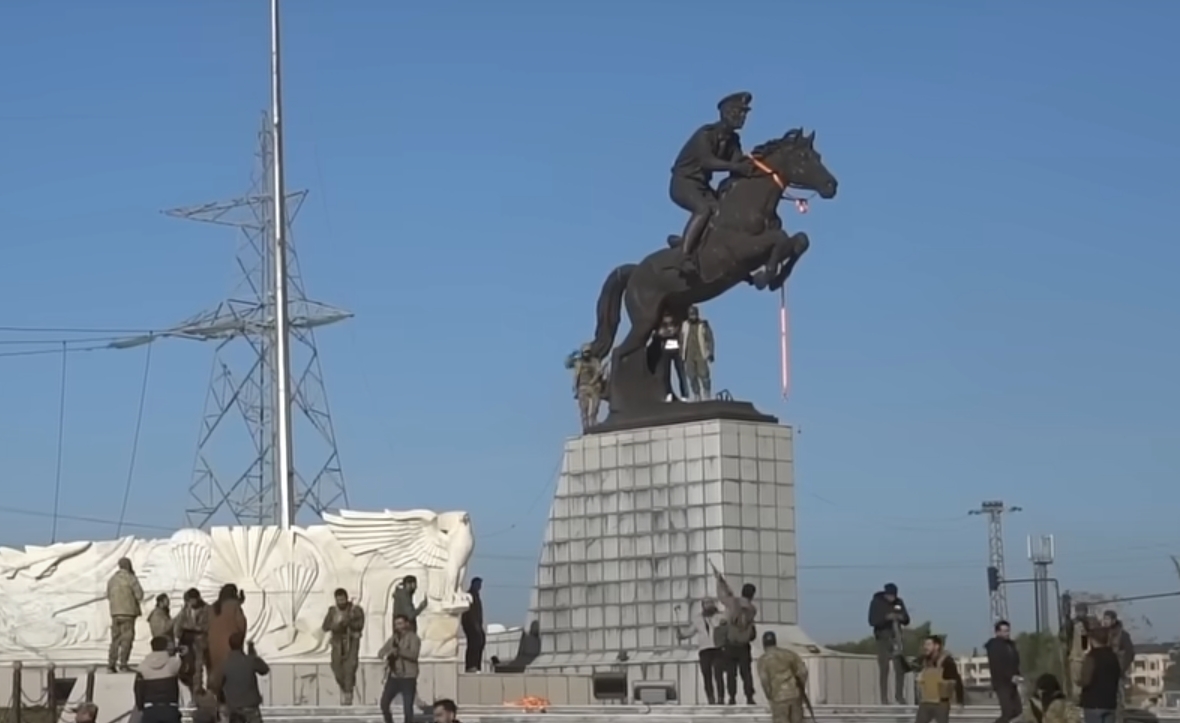
Fears of a Murdoch monopoly should Sky and News International merge are not based on reality, says Leah Borromeo
BSkyB has rejected a takeover bid from its sister company News Corp, the beast that owns News International. In the eyes of the general public, this media clustershag is commonly referred to as Murdoch. Specifically, its patriarch Rupert Murdoch. If a takeover became reality, what would the future of Sky’s television news be?
Learning Mandarin is easier than working out the finer threads of the News Corp/Shine Group/BSkyB/News International tapestry. The basics are that they are linked via a network of relatives and close friends the likes of which was last seen in the days of the Hapsburgs. To avoid treading on the world’s anti-monopoly laws, they’ve carefully divided control of each unit.
We’re all too aware of the monopoly of one Silvio Berlusconi. Murdoch the Elder is not doing a large-scale version of Italian media. Under Berlusconi, everything from newspapers, magazines and television is dictated by one man whose sole purpose is to hang on to power and escape prosecution for dodgy dealings. Murdoch is a businessman addicted to acquisition — he has a typical collectors mentality of wanting to have everything with little regard for the consequence. Being able to pull the puppet strings of business and government is one of the benefits of his unique position…but it is not his drive.
Life under Murdoch, at least my erstwhile parish Sky News, is not the plot to Tomorrow Never Dies. Rupert does not have a secret phone to editorial footsoldiers on newsdesks. When I was on the foreign desk, producers invoked the muscle of John Ryley, Head of News, when they were trying to swing the editorial eye. “John’s very keen” is a line often heard. Clever editors rebut with “let’s give him a call”.
Critics of Murdoch bias will invariably bring up the Adam Boulton and Kay Burley affairs during the last General Election. Casting personal opinion of these strong-willed stakeholders aside, let us look at the facts.
In Adam’s case, as Political Editor he was the pivot point for Sky’s election coverage. He is also a workaholic who hadn’t slept for days. When pitted against the stable and calm winds of Alaistair Campbell, Adam buckled. A moment of abandon –– to be seen by all on YouTube.
In Kay’s position, a gaggle of demonstrators took advantage of Sky News choice to use an open broadcast stage. It’s like offering a crowd a large screen and a live Twitter feed. Someone is going to abuse it for a laugh, and in this case her detractors stood off-camera shouting “Sack Kay Burley, watch the BBC”.
Gaza, the Israeli raids on it and Sky News’ refusal to run the subsequent DEC Appeal is the only time I truly felt a corporate hand muzzling the mouth. And that on the day both the BBC and Sky said they would not be running the appeal, Sky News correspondent Emma Hurd opened a news item with a wide shot of the Gaza Strip and the line “this is the scene of a war crime”.
Should a takeover occur, broadcasting standards aren’t what journos at Osterley will be worried about. They’ll wonder if they’ll still have their jobs. As the axes fall, hacks will keep their heads down, produce the breaking news they’re so good at and pray they’re not next for the chop. Emails will be sent about how to cover stories on the cheap, deals and alliances with sister broadcasters will be forged to pool manpower. Quality of content won’t matter as much as appearing to tick the right boxes. Fear is a good way of keeping the rats in the hold.
Arguments against a Murdoch monopoly are usually based on events in print. Sky News knows it can’t get away with blanket bias on air. They can’t declare an allegiance to a political party like their ink-stained counterparts. Actions are watched closely by Ofcom and if one side of an issue appears to be getting too much air time, balance is restored one way or another.
Because television is not “self-regulating”, quality and content are dictated by public interest — or an editor’s perception of it. It’s hard to break truly original journalism in broadcast because editors closely monitor their competitors to see what they’re running — and run that. The process becomes a mobius strip of information dependent on precedence of events.
What I am worried about is what will happen elsewhere. Business-wise, a monopoly like that planned should a takeover occur is frightening… it will send shockwaves into other industries — healthcare, property, construction, natural resources. Trying to work out who owns what in Rupert Land is akin to learning quantum physics in a day. Companies and interests are all tied in an elaborate tapestry of close friendships and blood relations. Its precedence is my alarming concern. Not the actual event.
Leah Borromeo is a journalist with a nose for mashing pop with politics. She has served as deputy foreign editor at Sky News





